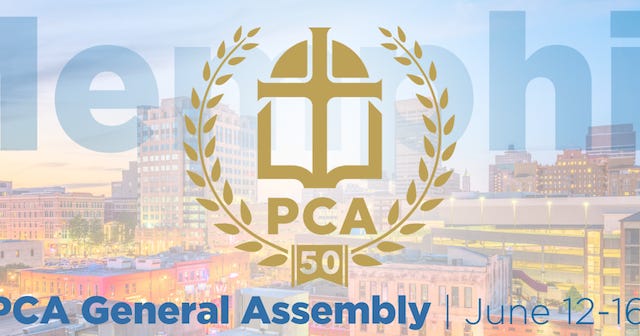On R. Scott Clark and "Cases Extraordinary"
An extra-confessional test that the theologian cited might not have recognized
Note: This material originally appeared as a thread on Twitter
Today, R. Scott Clark authored a post regarding an upcoming overture to the PCA General Assembly petitioning the government to renounce sins related to transgenderism. That article can be found here.
“Cases Extraordinary,” The Spirituality Of The Church, And The Trans Crisis https://heidelblog.net/2023/03/cases-extraordinary-the-spirituality-of-the-church-and-the-trans-crisis/
In it, Dr. Clark argues that the current situation regarding transgenderism in the U.S. does not satisfy the language of "cases extraordinary" under which WCF XXXI.4 permits synods and councils to petition the civil government.
He appeals to a quote from A. A. Hodge in his Commentary on the Confession of Faith, while acknowledging that earlier writers employed broader terminology.
Clark goes on to argue that in light of Hodge's comment, the overture concerning the transgender crisis "does not seem to meet the tests imposed by the Confession of Faith."
There are several potential issues here. First, the test imposed is taken from Hodge, not the confession's text itself. Hodge is not inherently authoritative, and the church cannot be bound on Hodge's word alone.
Second, Hodge's comments on chapter XXXI should be understood in light of his comments on chapter XXIII, in which he affirms some things about the civil government and its responsibilities towards the church.
So for instance, Hodge argues that the magistrates should be Christian. He argues that they should protect the church, explicitly acknowledge the rule of Jesus Christ, and make and enforce laws consistent with biblical moral revelation (p. 401-402). (highlights mine)
Hodge also supports the right of revolution against tyrannical and corrupt governments. (p. 405-407)
In fact, Clark and Hodge have fundamentally different ideas on where government derives its authority. What Clark argues for, Hodge seems to rather explicitly argue against (p. 398-99).
When one reads about Hodge's comments on "cases extraordinary" it would be best to assume the "ordinary" of civil government being something similar to what Hodge describes when he talks about the subject. In America in 2023, we are rather far removed from that.
When looking at Hodge in context, it seems like a stretch to assume that he would deny transgenderism being a matter of direct concern to the church. Hodge had a much more robust vision of the government's duty to God and church than most do now.
In summary, Clark's test by which he fails this overture is an extra-confessional test, and it doesn't seem to reflect the overall thought of the theologian cited in its defense.











